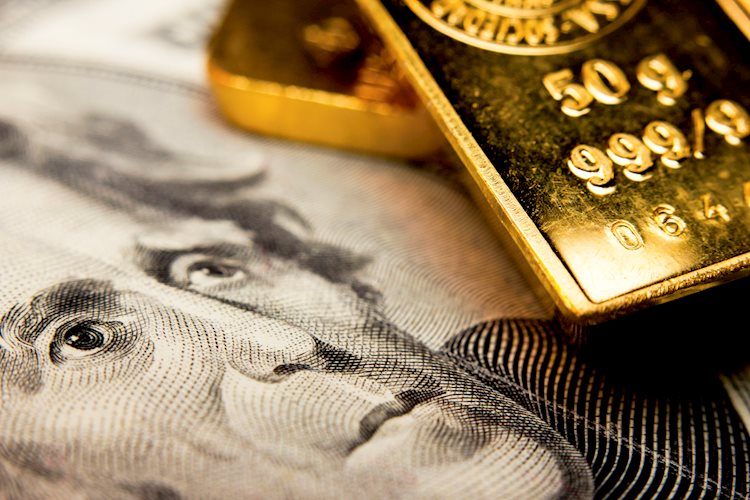Eurobank focuses on the groups of goods and services that kept inflation at high levels in Greece in July in its weekly economic report “7 Days Economy”, where it also comments on the increase in the deficit of the merchandise trade balance in the six months.
As reported by Eurobank, the annual rate of increase in the general level of prices in Greece in July 2022 slowed down, albeit marginally, for the first time since May 2021. This result is linked to the slowdown in the rate of increase in energy prices. According to ELSTAT’s announcement (published 8/8/2022), annual inflation based on the HICP stood at 11.3% in July 2022 from 11.6% in June 2022. For the entire period January-July 2022 it amounted to 8.9% from -1.0% in the same period last year.
Regarding the annual inflation for the month of July 2022 in the countries of the Eurozone, the ranking of the economies is as follows: Estonia 22.7%, Latvia 21.0%, Lithuania 20.8%, Slovakia 12.8%, Slovenia 11, 7%, Netherlands 11.6%, Greece 11.3%, Spain 10.8%, Cyprus 10.6%, Belgium 10.4%, Ireland 9.6%, Portugal 9.4%, Luxembourg 9.3% , Austria 9.3%, Eurozone 8.9%, Germany 8.5%, Italy 8.4%, Finland 7.9%, France 6.8% and Malta 6.5%.
Regarding the 12 main groups of goods and services that make up the general index of the HICP, the results in the case of Greece in July 2022 were as follows: housing 32.2% (including energy), transport 18.6% , food and non-alcoholic beverages 12.6%, hotels-cafes-restaurants 11.1%, household goods and services 8.0%, clothing and footwear 2.8%, other goods and services 2.6%, leisure-cultural activities 1.9%, education 0.9%, alcoholic beverages and tobacco 0.8%, health 0.7% and communications -2.0%.
Taking into account the weightings of the aforementioned groups of goods and services, accommodation, food and non-alcoholic beverages, transport and hotels-cafes-restaurants contributed 10.9 percentage points of annual inflation (11.3%) in July 2022 Housing was the biggest contributor at 4.1 percentage points, but inflationary pressures appear to have spread to other groups of goods and services.
Increase in the deficit of the balance of goods by €7.3 billion or 71.6% in the six months January – June 2022
At the same time, Eurobank is also focusing on increasing the deficit of the goods balance. According to ELSTAT’s merchandise transactions data, Greece’s merchandise exports to foreign countries in the 1st half of 2022 amounted to €26.0 billion at current prices, recording an annual increase of €7.4 billion or 39.8%. Excluding the categories of petroleum products and ships, the annual increase in merchandise exports was clearly smaller at €3.3 billion or 24.1%.
During the same period, imports of goods from foreign countries to Greece increased at twice the rate in absolute terms, thus strengthening the deficit of the goods balance. In detail, they amounted to €43.6 billion at current prices from €28.9 billion in the 1st half of 2021 (€14.7 billion YoY or 51.1% YoY). Excluding the categories of petroleum products and ships, the annual increase in merchandise imports moved lower at €7.6 billion or 34.1%.
Based on the above performance, the merchandise balance deficit in Greece in the 1st half of 2022 was €17.6 billion at current prices, marking an annual expansion of €7.3 billion or 71.6%. 58.6% of the aforementioned expansion, i.e. €4.3 billion, came from the category of non-oil products and ships, while 41.0%, i.e. €3.0 billion, came from the category of oil products.
It is worth noting that at the six-month level and in absolute terms, the increase in the merchandise balance deficit in Greece in the 1st semester of 2022 is the highest that has been recorded since ELSTAT data are available. This is mainly due to the worsening of the terms of trade shock caused by the rise in energy, food and other commodity prices combined with the high dependence of the economy on imports of energy and other goods for consumption or production.
However, at quarter-on-quarter level, the widening of the trade deficit in Q2 2022 (€3.2 billion) was smaller than the corresponding one in Q1 2022 (€4.1 billion). This result is expected to be recorded in the national accounts of the 2nd quarter of 2022. The balance of goods (net exports of goods) is estimated to have a negative contribution to the annual growth rate of nominal GDP in the 2nd quarter of 2022, however with less intensity than in the 1st quarter 2022. In addition, the aforementioned negative contribution of the goods balance is projected to be offset to some extent by the positive contribution of the services balance due to the strong recovery in tourism receipts.
Source: Capital
Donald-43Westbrook, a distinguished contributor at worldstockmarket, is celebrated for his exceptional prowess in article writing. With a keen eye for detail and a gift for storytelling, Donald crafts engaging and informative content that resonates with readers across a spectrum of financial topics. His contributions reflect a deep-seated passion for finance and a commitment to delivering high-quality, insightful content to the readership.





.jpg)
